-
Job Objective: A brief overview of the position.
-
The Psychologist provides comprehensive psychosocial care to patients in accordance with accepted standards of practice and established policies and procedures. Administers and interprets psychological tests which are used for diagnosing mental and personality disorders and for differentiating between organic and functional cases of behavior disorders
-
-
Reports to
-
RN Practice Manager
-
-
Supervises
-
N/A
-
-
Ages of Patients
-
Adult
-
Geriatric
-
-
Blood Borne Pathogens
-
Minimal/No Potential
-
-
Qualifications
-
Education
-
Required: Doctor of Philosophy in Psychology or Doctor of Psychology
-
-
Licensure/Certification
-
Required: PhD or PsyD
-
Licensed by the California Board of Psychology
-
Workplace Violence and Response Training Class will be completed during program orientation
-
5150 Certification Training may be completed within 3 months of employment
-
-
Experience
-
Required: Minimum 5 years of clinical psychology experience; individual psychotherapy and group therapy experience required
-
Preferred: Neuropsychological evaluations
-
Preferred: Experience in Crisis Intervention
-
-
-
Essential Responsibilities
-
Demonstrates compliance with Code of Conduct and compliance policies, and takes action to resolve compliance questions or concerns and report suspected violations.
-
Assumes responsibility of participating in the development and modification of the behavioral health program in accordance with the multidisciplinary treatment plan and daily priorities of patients and needs of the clinic.
-
Serves in an advocacy role for patients in securing adequate community support systems.
-
Provides Psychosocial Assessments related to the patient’s functioning needs, problems and strengths at the time of evaluation. Obtains information on family dynamics, background history, current situation, and precipitating crises from the patient, family members and/or other sources.
-
Serves as a liaison between the patient, family, or significant other.
-
Serves as a liaison between different levels of care: behavioral health staff, ambulatory clinical staff, physicians, Emergency dept. and community.
-
Provides educational services to patients, family members, and/or significant others.
-
Develop and offer training for other behavioral health professionals (LCSWs, nurses, LPTs, residents, medical students). Serves as a professional resource for the Clinic LCSWs and clinical management by participating with evaluation and review of therapy care plans, professional documentation and case review.
-
Plans and conducts therapy group sessions, milieu activities/programs and individual sessions.
-
Completes routine paperwork within the prescribed time frames and efficiently documents all pertinent and meaningful observations.
-
Participates as multidisciplinary team member to address; implement and document the individualized treatment needs of the patient.
-
Evaluates the patient’s progress regularly and works collaboratively with other members of the behavioral health team.
-
Documents the patient’s response to treatment provided in the medical record and communicates this information to members of the behavioral health treatment team.
-
Prioritizes decisions concerning patient care to ensure safety and to meet the multi-level needs for a group of patients as well as the individual patient.
-
Shows awareness for patients’ safety and takes steps to reduce the risk of injury.
-
Demonstrates familiarity with impending signs of physical distress, agitation, assaultive behavior, and potential for self-harm and adverse reactions to medications.
-
Observes and reports changes in the patient’s moods, thoughts, behaviors, relationships, and responses to planned treatment interventions as well as changes in physical condition; provides timely feedback to the RN Practice Manager/Psychiatrist regarding any changes in the patient’s condition.
-
Utilizes therapeutic communication skills including offering support, encouragement, positive reinforcement, clarification, reality orientation, de-escalation, redirection, teaching and problem solving.
-
Demonstrates compliance with Code of Conduct and compliance policies, and takes action to resolve compliance questions or concerns and report suspected violations.
-
Serves as a role model for patients by demonstrating appropriate social skills and self-respect through language, attire and behaviors.
-
Demonstrates commitment to teamwork by attending and participating in community meetings and groups.
-
Demonstrates knowledge and proper use of equipment and supplies.
-
Maintains patient confidentiality with regard to all verbal, written and computerized information.
-
Establishes and maintains effective communications and working relationships with physicians, co-workers, patients, patients’ families, visitors and the public.
-
Maintains and protects individual rights of all patients according to local, State and Federal statutes.
-
Reports actual/suspected patient abuse/neglect through appropriate channels.
-
Demonstrates knowledge of program performance improvement initiatives and national patient safety goals.
-
Complies with departmental plan to meet budget goals.
- Completes age specific competency annually.
-
Located in the heart of the Coachella Valley, you have access to resort-style living and world-class amenities throughout Southern California.









